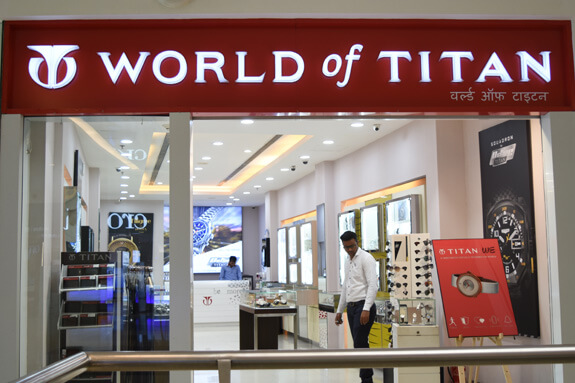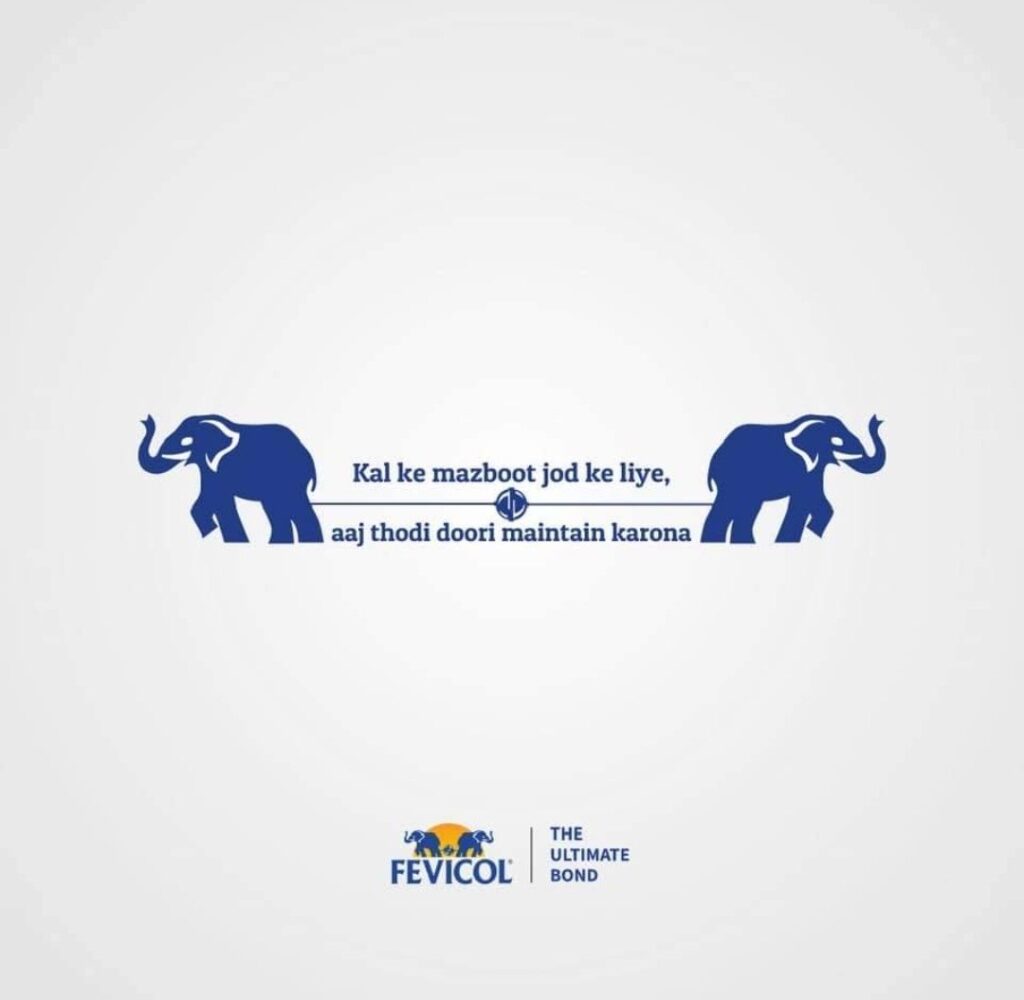There are 3 things you should never underestimate – the impact of fake news, the power of targeted content, and the importance of a strong brand strategy.
A well-crafted brand strategy has the power to unlock success and propel your business to new heights. It goes beyond just having a logo and a catchy tagline. It gives you personality and encompasses the essence of your brand.
It is almost like informing your audience how to perceive your brand and shapes the way your target audience responds to you. Let’s delve into the role of brand strategy and explore how it can help your business thrive.
What’s in this article?
What is brand strategy?
Brand strategy is the blueprint that guides all brand-related decisions and actions. It involves defining and aligning the elements that make up your brand’s identity, positioning, messaging, and communication.
A robust brand strategy ensures consistency and coherence across all touchpoints. This helps in reinforcing your brand’s USPs and creating a strong connection with your audience.
To understand the significance of brand strategy, let’s look at some successful brands and their effective strategies. Take, for instance, Parle G. When we think of biscuits, we naturally say “Parle G.”

The brand has successfully established itself as the go-to name for biscuits in India. Similarly, Maggi has become synonymous with noodles. We no longer say, “I want noodles”. We say, “I want Maggi!” Relatable? Then that’s the power of branding for you right there!
Maggi’s brand strategy played a pivotal role in creating such strong associations. It elaborated on how it can be prepared in two minutes and won the hearts of millions.

Building a strong brand foundation
The first step in brand strategy involves defining your brand’s mission, vision, and values. These elements provide a sense of purpose and direction, guiding your business decisions and building a strong brand foundation.
Tata Group, with its mission of “Improving the quality of life of the communities we serve,” has successfully built a strong brand identity. This is rooted in values and a commitment to society. Creating identities like this that resonate with your audience helps. Don’t forget to follow through on those missions and promises to reinforce your identity!
Identifying and understanding your target audience also helps. Amul has excelled in this area by catering to the taste and preferences of the Indian middle class. By understanding their audience’s needs, Amul has built a loyal customer base that resonates with their brand values.
Differentiating your brand from competitors
In a saturated market, you need to do something unpredictable to stand out of the box. A thorough competitive analysis helps identify gaps and opportunities in the market. This then allows you to plan and position your brand uniquely.
Rather than planning a brand position and then sourcing people that fit into it, understand your audience. Figure out what they need and the issues they face. Then position your brand to fit that requirement and appeal to them.
Dabur, with its focus on Ayurveda and natural products, has differentiated itself from competitors in the FMCG industry.
Crafting a brand positioning statement is another essential aspect of brand strategy. It succinctly communicates your brand’s value proposition and sets you apart from competitors.
For example, Titan positions itself as “the world of Titan,” emphasizing its wide range of watches and jewelry. It is a luxury product but ensures that its branding is universal, catering to different customer segments.

Communicating your brand
To effectively communicate your brand, a comprehensive brand messaging strategy is like the backbone. This strategy defines how you express your brand’s values, benefits, and promises to your target audience.
Brands like Fevicol, with its memorable tagline “Fevicol ka jod hai, tootega nahi” (Fevicol’s bond is unbreakable), have created a strong and consistent messaging strategy. This is a bold promise that resonates with their audience, making them a go-to brand for generations.

Choosing the right communication channels can help your brand soar higher. In a diverse country like India, brands like Maaza have successfully leveraged regional languages and cultural insights to connect with their audience through various media platforms.
Consistency across all brand touchpoints, including advertising, packaging, and customer interactions, helps reinforce your brand’s message and build trust.
Building brand trust and loyalty
Building brand trust and loyalty is the culmination of a successful brand strategy. Consistently delivering exceptional brand experiences fosters trust among customers. Brands like Tanishq, with their focus on craftsmanship and quality, have built a strong reputation for trust and reliability.
Exceptional customer service also plays a significant role in building brand loyalty. Brands like Zomato have revolutionized the food delivery industry in India by providing a seamless and reliable customer experience. Even for one moment if a viral reel were to circulate with a food delivery partner opening the boxes, customers lose their trust!
This shows that trust and loyalty are the key ingredients in any successful brand strategy. Once you lose them, your brand might as well close its doors! That’s how vital it is to earn the respect and trust of your customers, even if they don’t plan to buy from you.
Engaging with customers through social media and online platforms helps create a sense of community. It is a good way to gain support as it fosters brand advocacy.
Conclusion
A well-executed brand strategy can be the key to unlocking success. Plan your brand’s strategy and understand your audience. This way, you can position your business for growth and sustainability. Don’t sell to customers that resonate with your brand values. Create values based on who your audience is.
As you embark on your brand strategy journey, remember to stay true to your brand’s mission, vision, and values. Incorporate actionable tips from the brands we have explored and adapt them to fit your unique business needs.
By doing so, you can unlock success and build a brand that resonates with your target audience, fostering long-term success and growth.




